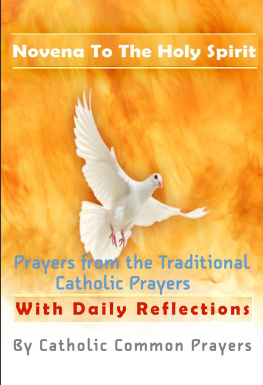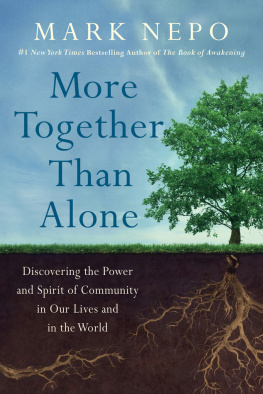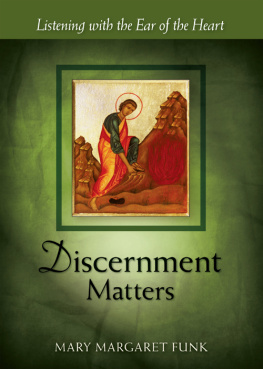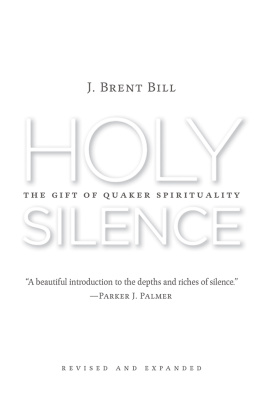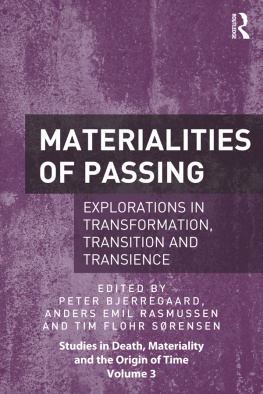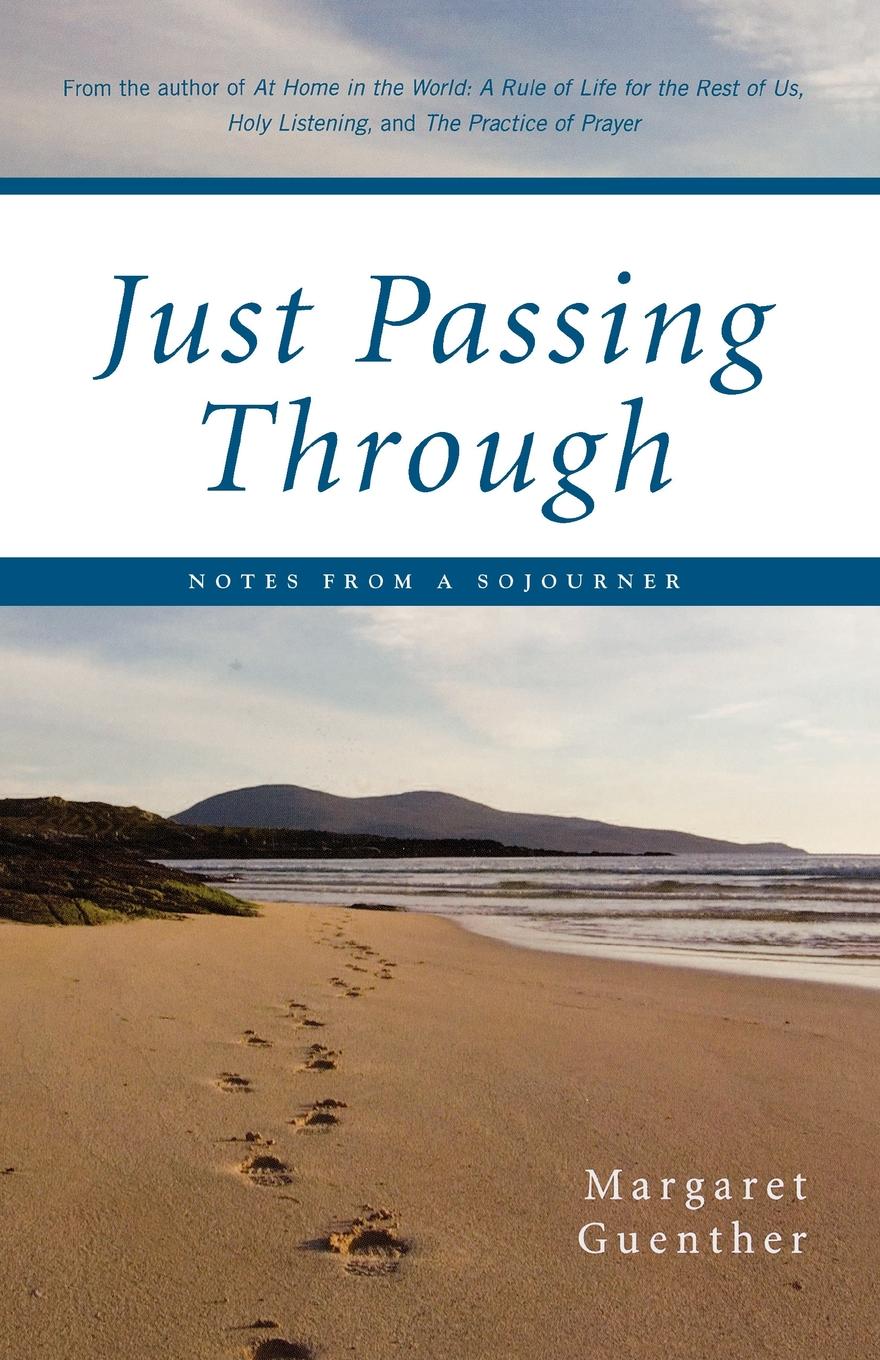Just Passing Through
Notes from a Sojourner

Just Passing Through
NOTES FROM A SOJOURNER
Margaret Guenther
SEABURY BOOKS
an imprint of Church Publishing, Incorporated, New York
2002, 2007 by Margaret Guenther.
All rights reserved.
The following originally appeared in The Christian Century on the dates given and have been revised for this volume by the author: Touch and See (April 12, 1995); SoWhat Was the Question? (April 19, 1995); Sheep (April 26, 1995);If only you wouldYes, but (May 10, 1995);Bad Math (May 17, 1995); Midnight Mystics (May 2431, 1995); In Defense of a Woman Named Martha (July 512, 1995). 1995 Christian Century Foundation. Reprinted with permission of The Christian Century. Subscriptions: $49/yr. From P.O. Box 378, Mt. Morris, IL 61054.
The following originally appeared in The Vintage Voice in a slightly different form: Reflections of a Septuagenarian; A Secret Word; Notes from a Sojourner. They are reprinted with permission.
Holy Agnosticism is an edited and expanded version of an essay/article that appeared in Episcopal Life in 1999. Reprinted with permission.
Library of Congress Cataloging-in-Publication Data
Guenther, Margaret, 1930.
Just passing through : notes from a sojourner / Margaret Guenther.
p. cm.
ISBN-13: 978-1-59627-050-3 (pbk.)
1. Guenther, Margaret, 1930- . 2. Christian biographyUnited States. I.Title.
BR1725.G946A3 2007
283.092--dc22
2006033111
Cover design by Vicki K. Black.
Cover photograph: Marco Secchi / Alamy
Church Publishing Incorporated
445 Fifth Avenue
New York, NY 10016
Printed in the United States of America.
07 08 09 10 11 12 10 9 8 7 6 5 4 3 2 1
Contents
Acknowledgments
I am grateful to my editor Joan Castagnone for her sensitive and generous support during the writing of this book.
Since we do not know who wrote the Psalms, that great book of songs and prayers, I have referred to the author(s) simply as the Psalmist. Quotations from the Psalms are from the 1979 Book of Common Prayer of the Episcopal Church. All other scriptural quotations are from the New Revised Standard Version, unless otherwise noted.
All language about God is limiting, for God is infinitely beyond our comprehension. For convenience in the pages that follow, I have used traditional languagethat is, the masculine pronounfully aware that the loving Creator God is Father, Mother, and much much more.
As always, I am indebted to Jack, my follow sojourner of nearly half a century.
This book is dedicated
to the memory of Otto, my father.
Sojourning
Much as I admire the scholarship that has given us the New Revised Standard Version of the Bible and much as I rejoice in the painstaking accuracy of the translation, I lament the loss of a few wonderfully poetic, admittedly archaic words.
No longer do we read of sojourners. These folk have become resident aliens and passing guests. As a sojourner myself and as someone whose best friends are sojourners, I would like to reclaim that word in all its depth and promise.
It is an Old French word with jour (day) at its heart. It reminds us of our transience and of the inexorable passage of time. It reminds us of our smallness and ultimate powerlessness. It reminds us that we do not own this world but are merely passing through. It reminds us that Gods time is not our time.
The Ninetieth Psalm is the prayer and song of the sojourner:
Lord, you have been our refuge
from one generation to another.
Before the mountains were brought forth,
or the land and the earth were born,
from age to age you are God.
You turn us back to the dust and say,
Go back, O child of earth.
For a thousand ages in your sight
are like yesterday when it is past
and like a watch in the night.
(Psalm 90:14)
The reflections that follow are the ruminations of a sojourner.

Prodigality
For the LORD your God is bringing you into a good land, a land with flowing streams, with springs and underground waters welling up in valleys and hills, a land of wheat and barley, of vines and fig trees and pomegranates, a land of olive trees and honey, a land where you may eat bread without scarcity, where you will lack nothing.
(Deuteronomy 8:79a)
God and Purple Loosestrife
A few years ago on a bus ride through New England I saw my first purple loosestrife. The summer meadows were spectacular, an undulating sea of spiky reddish-purple flowers. It was a visual feast, an excess of purple, a color that most decorators would use cautiously and sparingly. I couldnt get enough. As we rolled toward Newburyport, I wanted the little journey to go on forever.
Later I asked a local friend, What is that gorgeous flower I saw in all the fields between here and Boston? He looked at me with thinly concealed disgust and replied, Thats loosestrife. His tone suggested that I was maybe too naive to be let out on my own, that maybe I wouldnt be able to distinguish between a Norway rat and the Easter Bunny. His tone also suggested that loosestrife was a naughty word, almost an expletive. A little poking around the encyclopedia told me that this Old World marsh herb, now naturalized in the eastern United States, is regarded by farmers as invasive, noxious, and downright abhorrent. You rarely talk about it in polite society, and you most certainly do not admire it.
So I went underground. My love of this beautiful flower became my guilty secret, to be enjoyed from train and car windows but not flaunted to the locals.
I was therefore surprised last summer to see pricey pots of purple loosestrife on sale at our local garden shop. It lost some magnificence by being confined in nondescript plastic containers alongside the geraniums and impatiens, those reliable standbys of city gardeners. But restrained as it was, it was unmistakably the extravagant loosestrife of the summer meadow. Can you actually sell this? I asked the shops proprietor. I thought it was banned along with other controlled substances. He reassured me: this loosestrife was specially bred and guaranteed sterile. It would provide a magnificent splash of purple in my backyard but would be denied the gift and heritage of children.
That was last year. This year we have twice as much exuberant loosestrife, and there are tiny plants popping up everywhere. Our purple loosestrife, despite the assurances of Mr. Johnson, has turned out to be a promiscuous plant. I still love it, maybe love it even more because it refuses to be restrained. Its very name suggests abandon, prodigality, indeed a certain wildness that is lacking in my North European/Anglo-Saxon/Midwestern/middle-class being. As the deer longs for the water brooks, my soul yearns for the extravagance of purple loosestrife, maybe also for the equally prodigal thistle, beloved of goldfinches and despised by thrifty farmers.
Its so easy to second-guess God. Its so easy to forget that God created quite a few species that most of us would prefer s/he had left in the planning stage. Even as I am willing to co-exist with most snakes and actually like bats, I would happily forego garden slugs and mosquitoes. We might also hint to God that sometimes a little can go a long way, so that we could manage happily with less of some varieties. Out in Jenkins Hollow this has been an exceptional summer for poison ivy. Glossy, dark green leaves cover the old stone walls and fan out lavishly along the roadside. It is as beautiful as my loosestrife, but I find myself thinking that if I were God, Id cut down on the poison ivy and encourage the wild grapes. They dont make anyone wild with itching, and they provide food for the foxes and raccoons.


